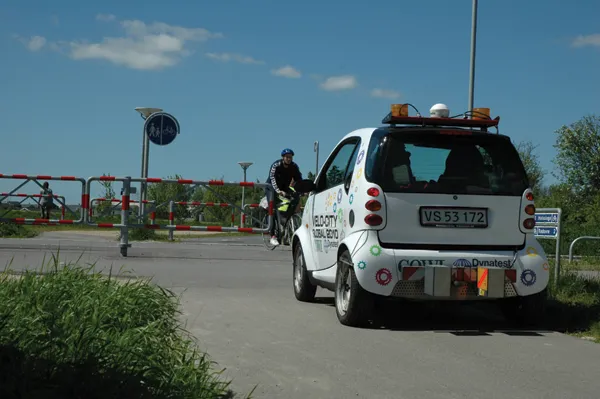Vehicle developers will have to introduce measures to counter the potential use of autonomous vehicles by terrorists, according to Iain Forbes, head of the UK Government’s Centre for Connected and Autonomous Vehicles. Replying to a question from ITS International during a panel session at the Driverless Technology Conference in London, Forbes said: “Security questions will be an important part of the debate about autonomous vehicles. I think that it would be amiss of any government to enable something that might introduce new risks to society.”
After the attacks in Paris, he said the question was very relevant: “It is something that will have to be resolved.” However he added that he did not think it was an insurmountable problem: “We identify potential risks and find ways to deal with them.”
Joost Vantomme of FEBiAC (which represents the Belgian car industry) observed that the question applied equally to drones: “The need for regulation of drones is a topic of discussion in the
10th Test News article January 2017
Vehicle developers will have to introduce measures to counter the potential use of autonomous vehicles by terrorists, according to Iain Forbes, head of the UK Government’s Centre for Connected and Autonomous Vehicles.
January 10, 2017
Read time: 1 min









